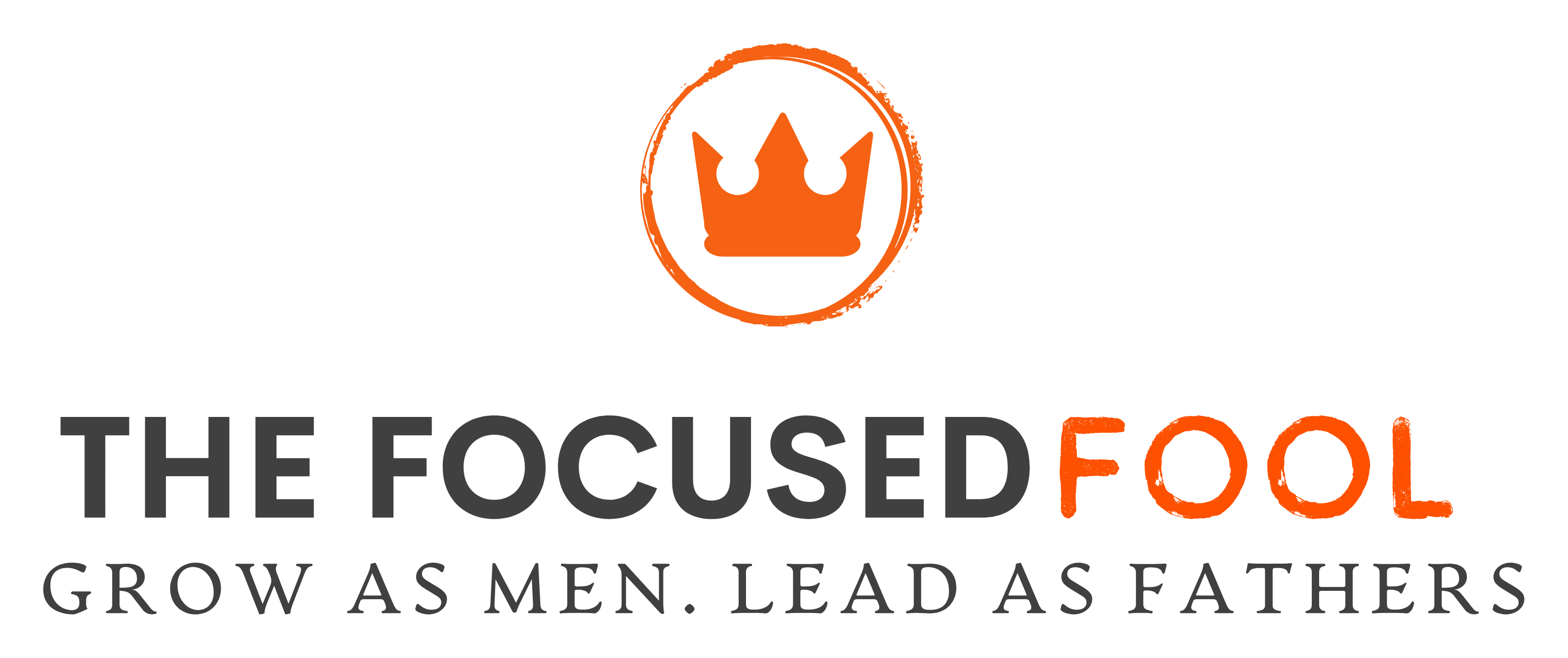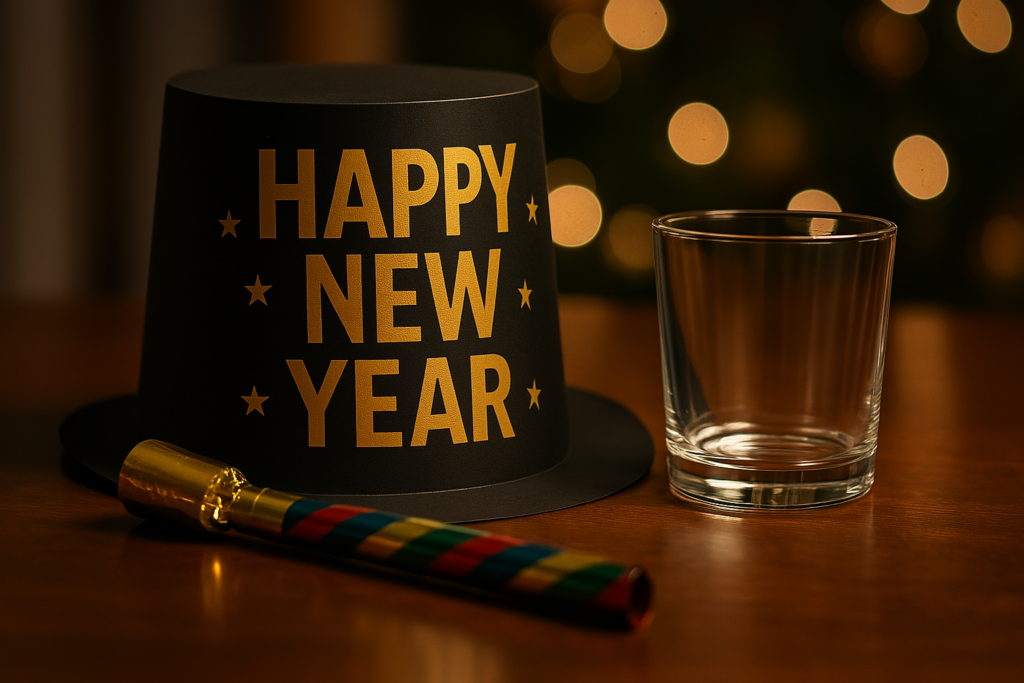How It All Started
I once heard comedian Jerry Seinfeld joke about “Night Guy” always ruining things for “Morning Guy.” It always made me laugh—until I realized my own Night Guy had been consistently sabotaging my mornings for years. That realization hit me hardest one groggy, pre-dawn morning, surrounded by screaming kids, a toddler loudly demanding breakfast as if his life depended on it, and a pounding headache that felt like my brain was hosting a rock concert.
It was right around then that I first entertained the seemingly outrageous idea of Dry January—a month without my beloved evening beverages. Admittedly, I wasn’t thrilled. After all, my nightly drink had become something of a ritual, a reward for surviving another day of life’s endless circus with four kids, work chaos, and the inevitable curveballs. But there I was, reluctantly considering life without my familiar friend.
Before I go further, let me clarify something—I wasn’t exactly knocking back bottles nightly. But those “casual” evening drinks were becoming increasingly predictable, sometimes edging into the territory where mornings became a dreaded experience. As Seinfeld would say, Night Guy always screws Morning Guy.
Why Dry January?
The truth was, my mornings needed saving, but there was more at stake than just feeling refreshed. My wife had heroically handled nearly eight straight years of breastfeeding and nighttime wake-ups. Now it was my turn to step up. It was time to carry the torch—ideally, without accidentally lighting the house on fire.
Additionally, I’d recently started a new business, which required a lot of cold calls—an activity I enjoyed about as much as getting a root canal. I figured being better rested and less foggy-headed might dull the sting of rejection. At least, that’s what I was hoping.
Navigating the Initial Challenges
To say the first few weeks were challenging would be an understatement. Alcohol had woven itself into every enjoyable aspect of my social life—dinners with friends, date nights with my wife, movie nights on the couch after the kids finally passed out. Initially, social situations felt awkward, and I found myself overly worried about being judged for not drinking.
But here’s the funny part—and trust me, it was hilarious once I finally noticed—no one cared. Not a single friend or acquaintance raised an eyebrow. Turns out everyone else was too wrapped up in their own concerns to notice what was in my glass. It was like I’d spent years rehearsing for a performance no one even bought tickets for.
At home, I initially replaced my drinking habit with mocktails. It felt good to maintain part of my evening ritual, but as Melissa and Dallas Hartwig humorously explain in their book “Whole30,” these substitute behaviors—like mocktails—can feel oddly unsatisfying. They liken it to “having sex with your pants on,” meaning you’re mimicking the experience without the real satisfaction, and eventually, you’re likely to crave the real thing again. Recognizing this, I eventually learned to simply enjoy my evenings without needing any special beverage at all.
A Surprising Discovery About Anxiety
Despite these early adjustments, I still had lingering questions. Why did alcohol feel like such an essential coping mechanism in the first place? About two months into my journey, I stumbled onto neuroscientist Andrew Huberman’s insights about alcohol and anxiety, profoundly shifting my perspective. Huberman eloquently explains that alcohol initially reduces anxiety but ultimately spikes stress hormones like cortisol once it wears off—a phenomenon he aptly calls “hangxiety.”
If you’ve ever experienced gut-wrenching anxiety after a night of indulgence, you’ll appreciate Huberman’s insights (check out his clear breakdown in this video here). This revelation wasn’t just eye-opening—it explained the remarkable improvement I noticed in my own anxiety levels after cutting out alcohol.
Discovering Personal Benefits
Armed with new insights, the weeks turned into months, revealing benefits in nearly every aspect of my life. Mornings, once my daily dread, became enjoyable. Initially, the surge of energy was overwhelming, almost like accidentally drinking a triple espresso every morning. But soon enough, I channeled this newfound vigor into consistent workouts and productive routines, creating a snowball effect on my improved well-being.
Emotionally, the transformation was profound. Without alcohol-induced “hangxiety,” I felt calmer, more patient, and present with my family. I yelled less—a habit I’m still working on—and became less easily frustrated, even during challenging moments at the end of long days when my kids weren’t listening. Situations previously causing irritation were now opportunities to step back, analyze calmly, and even find humor in the chaos.
But even as these positives accumulated, a new challenge was brewing beneath the surface—one that would test my resolve in ways I hadn’t anticipated.
Facing Ongoing Challenges
About three months in, my wife shared how she missed having drinks with me. Drinking had been a bonding ritual in our marriage—we’d dreamt of visiting vineyards in Napa or Willamette Valley and sampling wines together. My choice to abstain disrupted a cherished connection, causing tension and moments of doubt.
At that point, moderation crossed my mind. Could I manage just an occasional glass of wine to maintain our ritual? The tension grew as I considered this option deeply. I knew from experience how easily moderation slipped into excess—I was never particularly good at stopping after just one or two drinks. For me, moderation often became a slippery slope, starting with well-intentioned limits but quickly devolving into more frequent drinks and a return to old patterns. The emotional pull from my relationship weighed heavily on me, making the decision even harder. Ultimately, it was my inability to reliably moderate coupled with the significant and undeniable benefits I was experiencing from complete sobriety—better sleep, reduced anxiety, increased energy, and improved family interactions—that solidified my choice to remain abstinent.
After some honest conversations and reflection, my wife and I gradually discovered new rituals and bonding activities that didn’t involve alcohol. Over time, she came to appreciate—and even value—my role as the automatic sober driver, enhancing our social life in unexpected and enjoyable ways.
Final Reflections
Now, three and a half years into my sober journey, I feel better than ever—physically, emotionally, and mentally. The sleep improvements alone were transformative, my energy levels surged, and my patience and presence with my family blossomed. Financially, the savings were like finding forgotten money in an old jacket—unexpected and delightful. Each positive change solidified my commitment, reinforcing the decision to stay alcohol-free.
If you’re even slightly curious about what life might be like without alcohol, I encourage you to try it. You may find, as I did, that Morning Guy can be pretty amazing when Night Guy isn’t around to sabotage him.
The Focused Fool Newsletter – Growing as Men. Leading as Fathers.


Leave a Reply